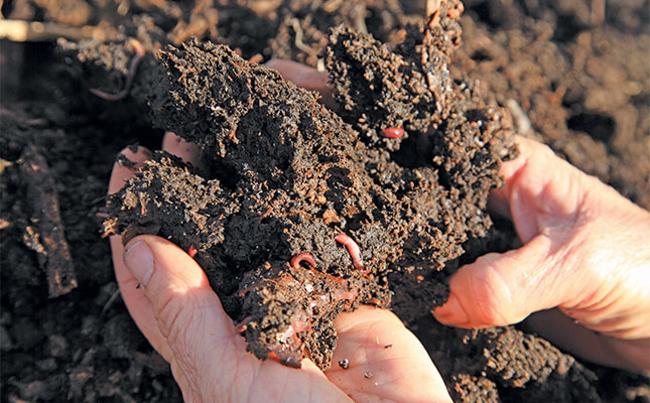Summary
Palm oil is both important to everything from food to cosmetics and detergents, and an environmental disaster, destroying rainforests.
Source: Startup Daily

AI News Q&A (Free Content)
Q1: What is the significance of synthetic palm oil in the context of environmental sustainability and innovation?
A1: Synthetic palm oil is gaining attention as a sustainable alternative to traditional palm oil, which has been linked to significant deforestation and biodiversity loss. By creating a lab-grown substitute, the environmental impact associated with palm oil cultivation, such as habitat destruction and greenhouse gas emissions, can be reduced. Innovations in synthetic biology and biotechnology are driving this forward, offering a potential solution to the environmental issues caused by palm oil production.
Q2: How does GrainCorp's investment in synthetic palm oil startups reflect broader trends in agricultural innovation?
A2: GrainCorp's investment in synthetic palm oil startups is part of a growing trend in agricultural innovation aimed at creating more sustainable and environmentally friendly food production methods. By supporting startups in this field, GrainCorp is aligning itself with global efforts to reduce the negative environmental impacts of traditional agriculture and to meet increasing consumer demand for sustainable products.
Q3: What are the potential health effects associated with synthetic palm oil compared to traditional palm oil?
A3: Synthetic palm oil could offer health benefits by eliminating harmful trans fats and reducing the risk of cardiovascular disease associated with some traditional palm oil products. By controlling the composition and production process, synthetic variants can be tailored to be healthier and free from contaminants commonly found in adulterated oils.
Q4: What recent technological advancements have been made in the production of synthetic palm oil?
A4: Recent advancements in synthetic palm oil production include the use of biotechnology and synthetic biology to replicate the molecular structure of palm oil. These technologies allow for the creation of biologically identical oils without the need for palm cultivation, thus avoiding deforestation and habitat destruction. Innovations in AI and machine learning are also enhancing production efficiency and quality control.
Q5: How does the environmental impact of palm oil production compare to other vegetable oils?
A5: Palm oil production is more land-efficient than many other vegetable oils, producing more oil per hectare. However, it is also associated with significant environmental impacts, such as deforestation, biodiversity loss, and greenhouse gas emissions. The production process often involves clearing tropical forests, which exacerbates climate change and threatens wildlife habitats. Other vegetable oils may require more land but are often less environmentally destructive.
Q6: What are the economic implications of shifting from traditional to synthetic palm oil production?
A6: The shift to synthetic palm oil production could have significant economic implications, including reduced costs associated with land use and environmental damage. It may also open new markets and create opportunities for technological innovation. However, transitioning to synthetic production requires substantial investment in technology and infrastructure, which could initially increase costs for producers.
Q7: What role do regulatory frameworks play in the development and adoption of synthetic palm oil?
A7: Regulatory frameworks are crucial for ensuring the safety and sustainability of synthetic palm oil. They set standards for production, labeling, and marketing, which help build consumer trust and ensure compliance with environmental and health regulations. Effective regulation can accelerate adoption by providing clear guidelines and support for innovation while protecting public health and the environment.




